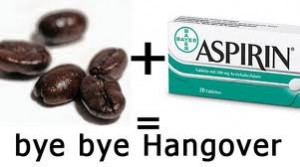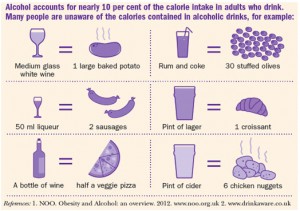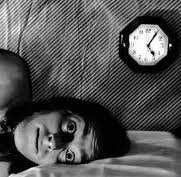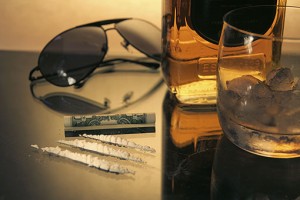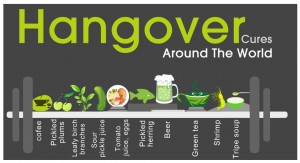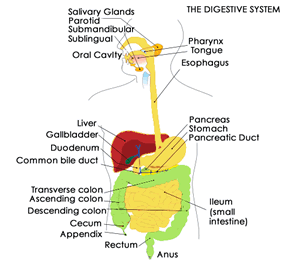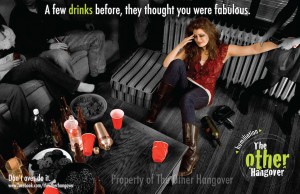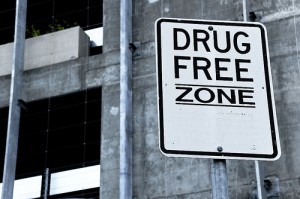As long as there has been alcohol, there have been hangovers. And as long as there have been hangovers, there have been theories about preventing them and curing them. Unfortunately, these traditional ideas about hangovers often do not work. Here are the 5 most common hangover myths:
1. Drinking more alcohol will get rid of a hangover:
The hangover myth that the best cure for a hangover is “The hair of the dog that bit you”, i.e. more alcohol, has been around for a long time. This is also the worst thing you can do unless you don’t have anything productive to do for the rest of the day. Drinking more alcohol won’t cure your hangover in the long run-it just gets you drunk again. Your hangover will most likely be worse when you finally feel it because you’re just adding fuel to the fire.
2. Taking aspirin while you drink can prevent a hangover:
Many people subscribe to this hangover myth. Unfortunately, it does not work and can be very dangerous. First of all, the effects of aspirin or any other over the counter painkiller will wear off by the time you start developing hangover symptoms. In addition, aspirin increases acid concentration in the stomach and does nothing to help eliminate alcohol from the body. Aspirin actually increases blood alcohol levels when taken before drinking, so your hangover will likely be worse.
3. Liquor before beer, you’re in the clear. Beer before liquor, never sicker:
Almost everyone has heard this hangover myth. Basically, the rumor is that if you drink liquor, then beer, you won’t be sick the next day. However, if chase beer with liquor, you will get sick. This hangover is in fact, not true. Whether you get a hangover from alcohol consumption is based on your Blood Alcohol Content and has nothing to do with the type of alcoholic beverage you consume. There is nothing about the chemistry of these drinks that influences whether or not you will get sick the next time. What tends to happen is that once you start drinking beer your reluctance to drink more disappears and when you move on to the ‘hard stuff’ you are likely to drink faster.
4. Drinking coffee will sober you up quickly:
There are no shortcuts to sobriety. The body processes alcohol at the rate of 0.15 percent of blood alcohol content per hour. This is true regardless of age, weight, gender, or race. Another hangover myth is that drinking coffee is a good cure for a hangover. While it might wake you up, but the dehydration of a hangover will only be made worse by coffee.
5. Eating before bed will absorb the alcohol in your stomach and prevent a hangover:
This hangover myth does not actually work. Food has to be in your stomach before you drink to help a hangover. If you eat before you drink, alcohol is delivered to your bloodstream more slowly, giving it less of a chance to reach high levels.

